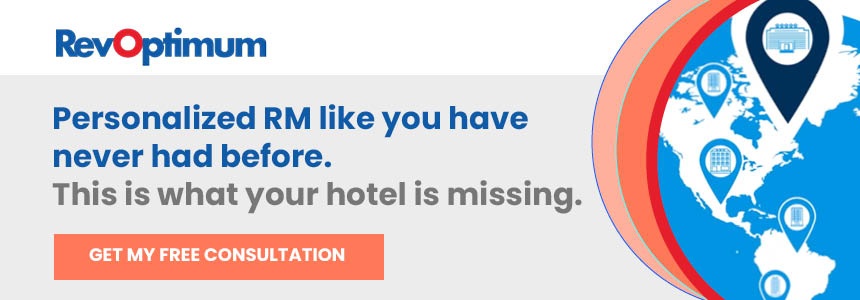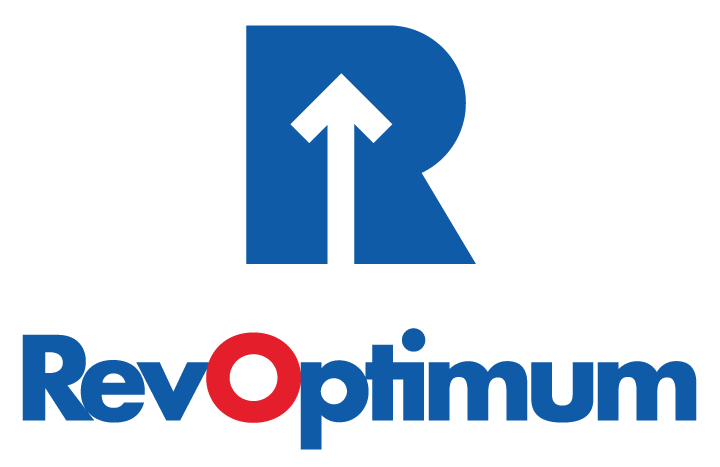Hotel revenue management is a crucial aspect of the hospitality industry, involving data and analytics to optimise pricing, inventory, and distribution strategies to maximise revenue and profits. Frankly, revenue management strategies that were effective in the past may not be as effective today, as hotels need to adapt to new trends and emerging technologies to stay ahead of the competition.
Why Hotel Revenue Management is Essential
With the pandemic affecting the industry, hotel revenue management has become more critical than ever. Many hotels had to adapt their revenue management strategies to address the changing market conditions. During the pandemic, hotels had to adjust their pricing strategies and distribution channels for lower demand and increased competition. In some cases, hotels had to pivot to new revenue streams, such as offering meeting rooms as remote workspaces or providing accommodation for healthcare workers and first responders.
Hotel revenue management is essential for several reasons.
- Maximising revenue: The primary goal of hotel revenue management is to maximise revenue and profitability by optimising room rates, occupancy levels, and other revenue streams. Revenue management techniques such as dynamic pricing, segmentation, and demand forecasting help hotels achieve this goal by charging the right price at the right time to the right customer.
- Increasing occupancy: Revenue management helps hotels improve occupancy levels by identifying opportunities to sell more rooms. By forecasting demand and adjusting room rates accordingly, hotels can attract more customers and fill empty rooms during low-demand periods.
- Enhancing the guest experience: Revenue management can also improve the guest experience by providing personalised pricing and services. By analysing guest data and preferences, hotels can offer customised promotions, amenities, and packages that cater to individual needs and interests.
- Staying competitive: In today's highly competitive hotel market, revenue management is essential for hotels to stay ahead. Hotels can remain competitive and attract more customers by constantly monitoring market trends and adjusting pricing strategies accordingly.
- Improving operational efficiency: Revenue management techniques such as automation and optimisation can help hotels to improve operational efficiency and reduce costs. By automating pricing and distribution processes, hotels can free up staff time and focus on other essential tasks.
What are the Latest Hotel Revenue Management Trends?
Keeping up with this field's latest trends and developments can give hotels a competitive edge. In this article, we will explore the latest trends in hotel revenue management that are currently shaping the industry.
1. Dynamic Pricing
One of the latest trends in hotel revenue management is dynamic pricing. This involves using real-time data and analytics to adjust room rates based on demand and supply factors. This strategy helps hotels maximise revenue by charging higher prices during peak seasons or high-demand periods and lower fees during off-peak or low-demand periods. Dynamic pricing can also target specific customer segments, such as business travellers, families, or leisure travellers.
2. Data-Driven Decision-Making
One of the most significant trends in hotel revenue management is using data analytics to inform decision-making. Revenue management teams increasingly rely on data and analytics to identify trends, forecast demand, and optimise pricing strategies. With advancements in technology, hotels can now gather and analyse vast amounts of data in real-time, enabling them to make more informed decisions.
3. Personalisation
Personalisation is another critical trend in hotel revenue management. Hotels use data and analytics to tailor their offerings and services to individual guests' preferences and needs. This can include customised room amenities, personalised marketing messages, and tailored pricing based on past behaviour and preferences. By offering customised experiences, hotels can build stronger relationships with their guests, increase customer loyalty, and generate repeat business.
4. Distribution Optimisation
Distribution optimisation is another trend that hotels adopt to maximise their revenue. This involves using data and analytics to optimise distribution channels, such as online travel agencies (OTAs), direct bookings, and traditional travel agents. By optimising their distribution channels, hotels can ensure that their rooms are priced appropriately and available to the right target audience, increasing bookings and revenue.
5. Artificial Intelligence (AI)
Artificial intelligence (AI) is rapidly transforming the hospitality industry, and hotel revenue management is no exception. Hotels use AI-powered tools and algorithms to analyse large volumes of data, identify patterns, and make real-time decisions to optimise pricing and inventory. AI can also predict demand patterns, identify customer behaviour trends, and automate routine tasks, enabling hotels to make more informed decisions and generate more revenue. These technologies allow hotels to analyse vast amounts of data in real time and make more informed decisions about pricing, inventory management, and marketing strategies. As AI-powered revenue management systems become more sophisticated, hotels can create more personalised guest experiences, increasing revenue and profitability.
6. Mobile Technology
Mobile technology is another trend transforming hotel revenue management. Hotels use mobile apps to engage with guests, offer personalised services, and provide real-time room availability and pricing updates. By leveraging mobile technology, hotels can streamline their operations, reduce costs, and provide a seamless customer experience that can help differentiate them from their competitors.
7. Collaborative Revenue Management
Instead of working in silos, revenue management teams now collaborate with other departments, such as marketing, sales, and operations, to optimise revenue and profitability. By doing so, hotels can leverage the expertise of multiple teams to create more effective pricing and marketing strategies.
8. Bringing in an Expert Team like RevOptimum
RevOptimum enables hotels to take a collaborative approach to revenue management. By integrating data and insights from different departments, hotels can create a more comprehensive market view, identify new opportunities, and make more informed decisions. Plus, RevOptimum is a flexible solution that can be customised to meet the unique needs of each hotel. Whether a hotel is a small independent property or a large multinational chain, RevOptimum can be tailored to fit their specific requirements.
Be Up to Date on the Latest Trends...
In conclusion, hotel revenue management is constantly evolving, and hotels that keep up with the latest trends and developments can gain a competitive advantage. By embracing this evolution, hotels can optimise their revenue, build stronger relationships with their guests, stay ahead of the curve and maximise their revenue and profitability in an ever-changing industry.
Get the personalized revenue management service your hotel needs today.
RevOptimum enables revenue management transformation for the hotel industry and supports hoteliers through our expertise and innovative revenue increase structures and proprietary tools. Every day, we strive to deliver the highest revenue performance, client excellence, service quality, and integrity that bring the power of success to the hospitality industry.
We are ready to work with your hotel to build a revenue management plan that brings in more RevPAR closely. Contact us to learn how you can reach all of your hotel revenue goals quickly.
About the Author

Mia Belle Frothingham
Mia Belle Frothingham is the Co-Founder and Chief Marketing Officer of RevOptimum. She oversees all aspects of corporate marketing and outreach strategies, including communications, brand identity, and international and digital advertising. Mia has a Revenue Management certification from Cornell University and received a Bachelor's from Harvard University and a Research Master's from The University of Edinburgh.



